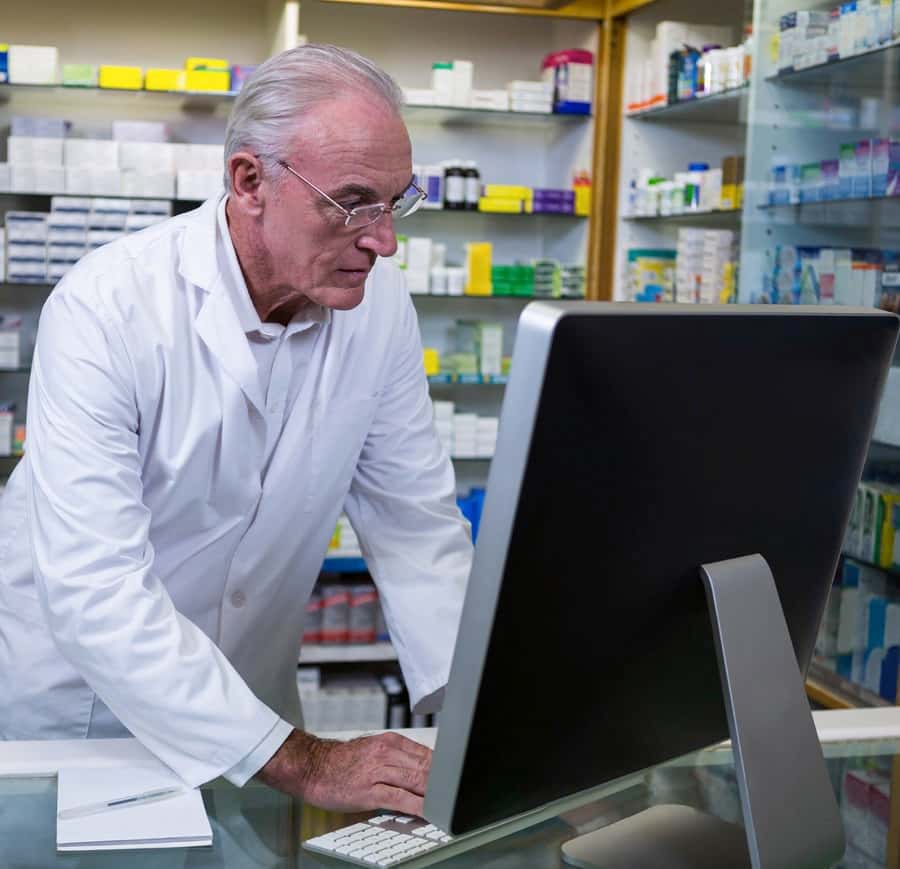
Pharmacists have been caught in a terrible double bind. On the one hand they want to dispense safe and effective pharmaceuticals. On the other hand, they have had to contend with unprecedented recalls because of nitrosamine contamination and other pharma flaws. They try to reassure patients that the drug supply is fine. But many pharmacists are worried about quality. They read about FDA warning letters to foreign drug manufacturers. Investigative journalists write about instances of fraud and mismanagement in the generic drug industry. Listen to our interview with Katherine Eban about her book, Bottle of Lies: The Inside Story of the Generic Drug Boom.
A Strong Warning that Pharmacists Are Worried:
Paul Abramowitz is the CEO of the American Society of Health-System Pharmacists or ASHP. This is a powerful organization representing 50,000 health professionals. Here is what it stands for:
“ASHP has been at the forefront of efforts to improve medication use and enhance patient safety.”
In a recent blog, Dr. Arbrmowitz wrote:
“Relying predominantly on other countries for necessary ingredients to manufacture crucial drugs, APIs [active pharmaceutical ingredients], and devices required to safely prepare and administer drugs presents a potential threat to the stability of the US drug supply. Approximately 80 percent of API manufacturers are located outside of the U.S. – this leaves our supply chain vulnerable to disruption and puts API sourcing at risk.”
Pharmacists are Worried About Drug Shortages:
Ask any hospital pharmacist about drug shortages and you are likely to get an earful. There are stories about the critical lack of vincristine, a medicine that is essential for children with leukemias and lymphomas. But vincristine is just the tip of the iceberg. Experts estimate that over 100 medications are in short supply. Some are essential for saving lives. For example, people with bladder cancer depend upon an old drug called BCG. It saves lives. Shockingly, it is in critical short supply.
Imagine for a moment what would happen if China decided to stop sending pharmaceuticals to the U.S. Within weeks our drug supply chain would be in shambles. The bottom line is that our system is incredibly vulnerable to disruption. Pharmacists are worried and the ASHP is sounding a clear warning. Are your concerned? Share your thoughts in the comment section below.

